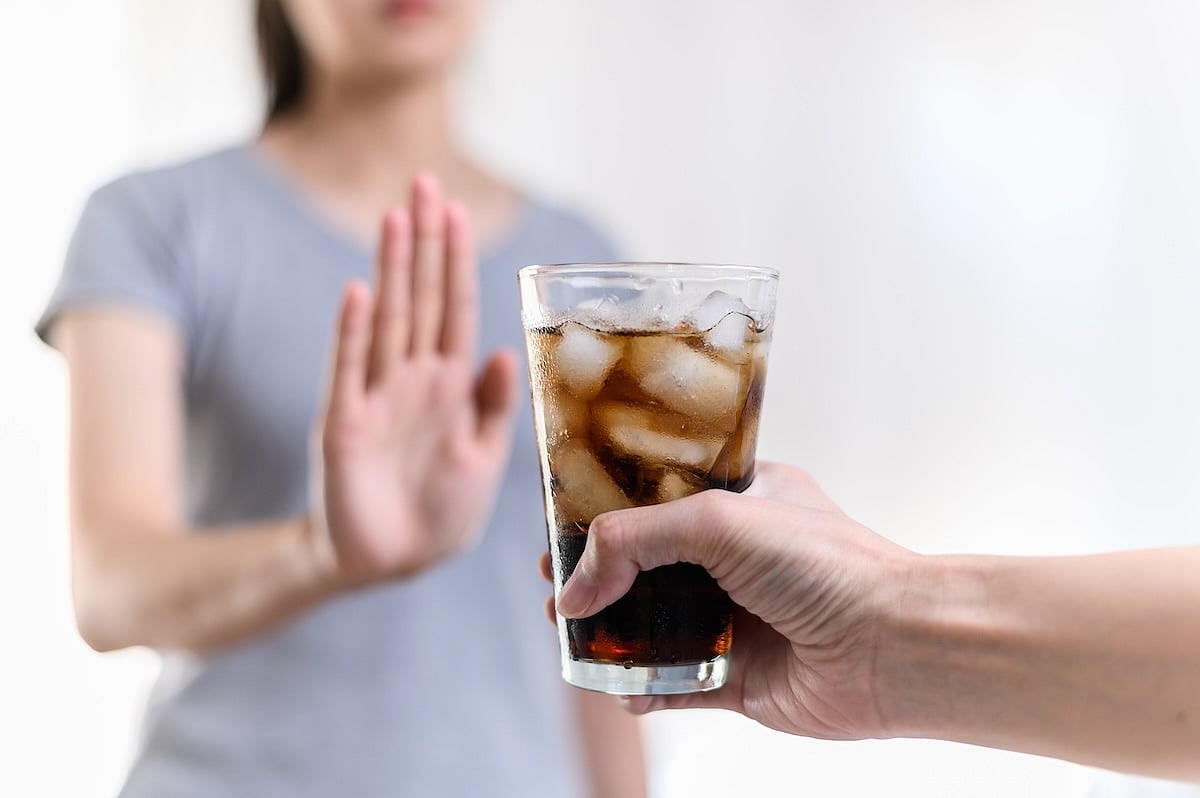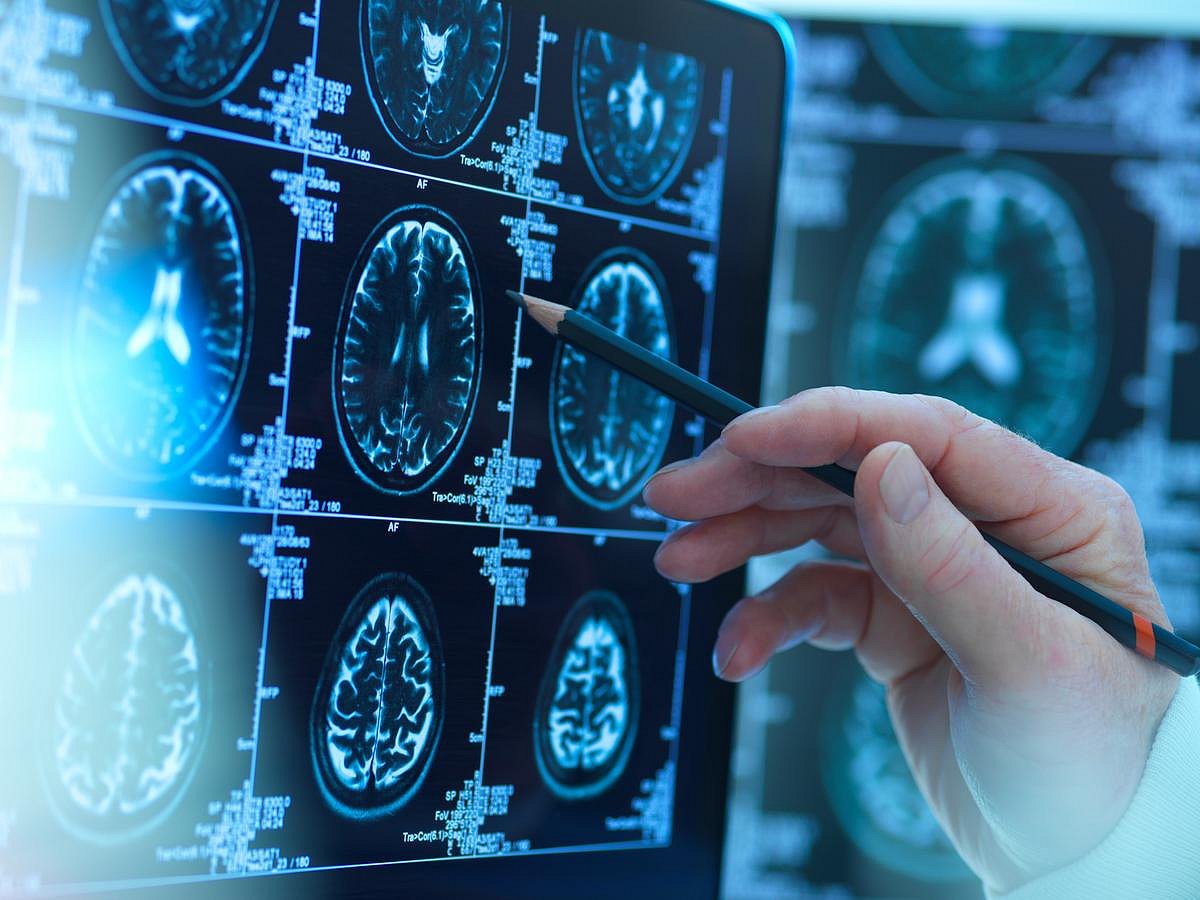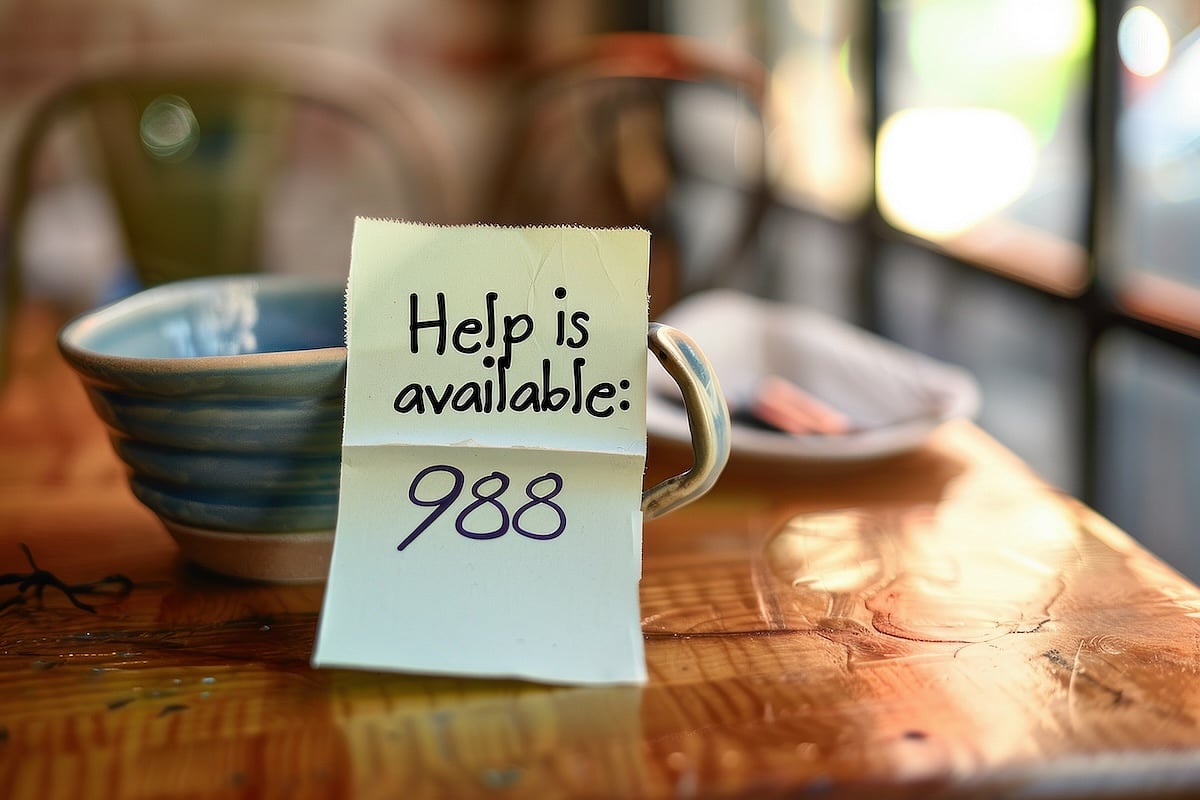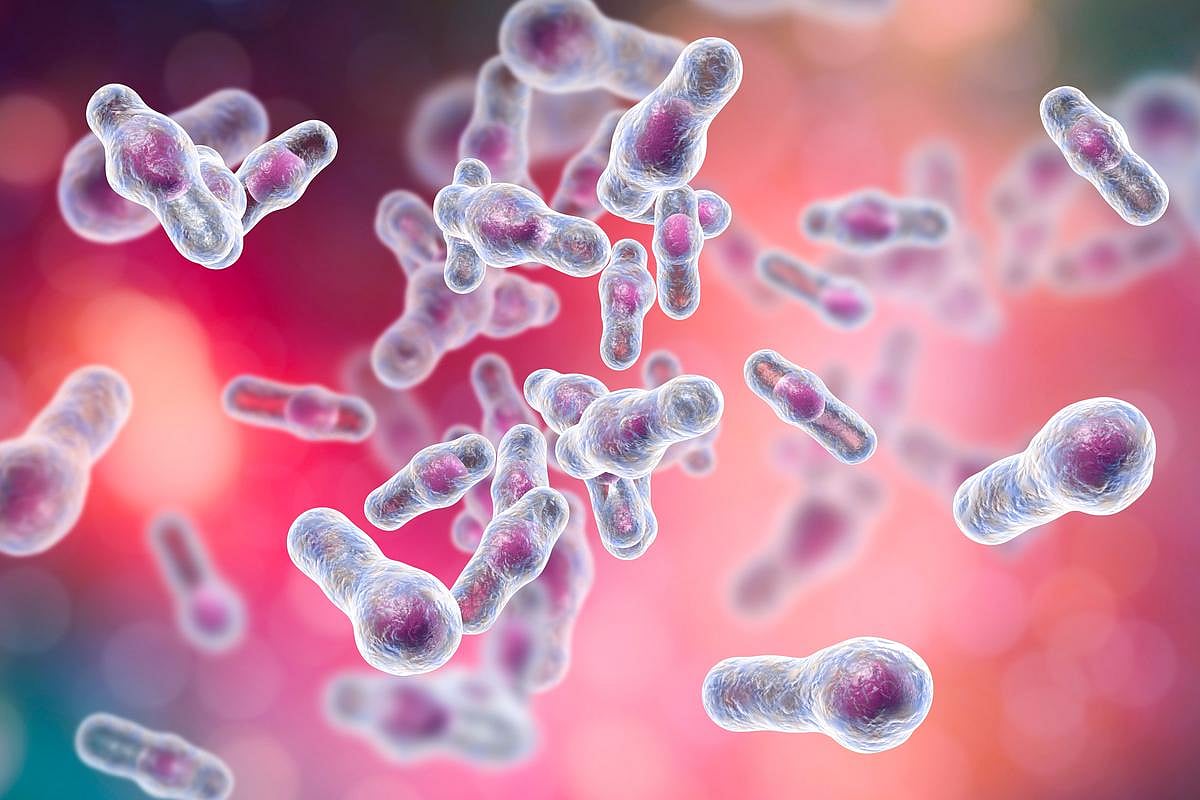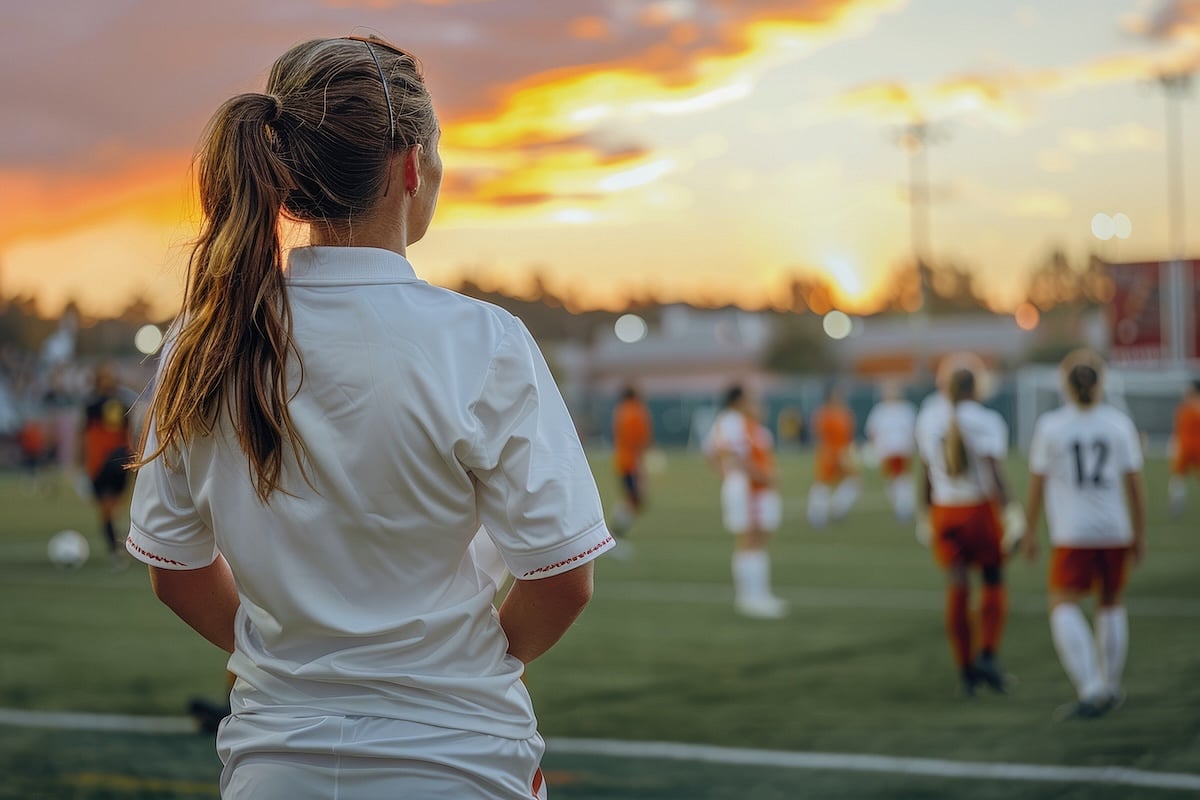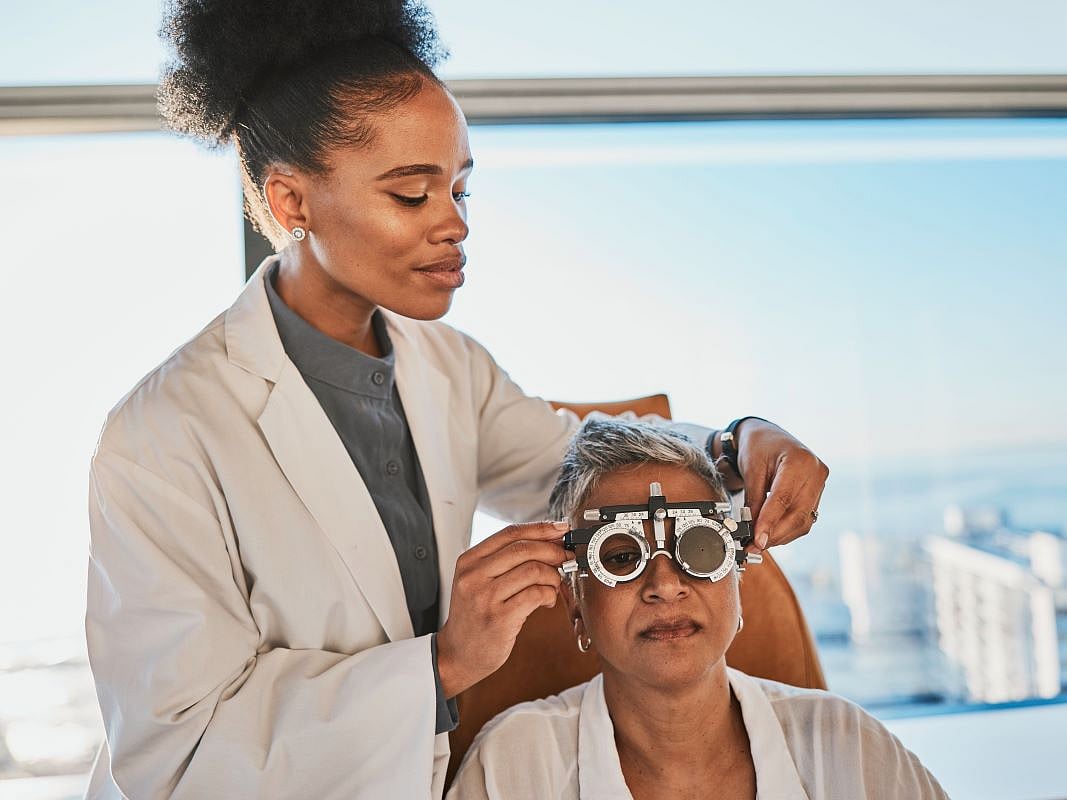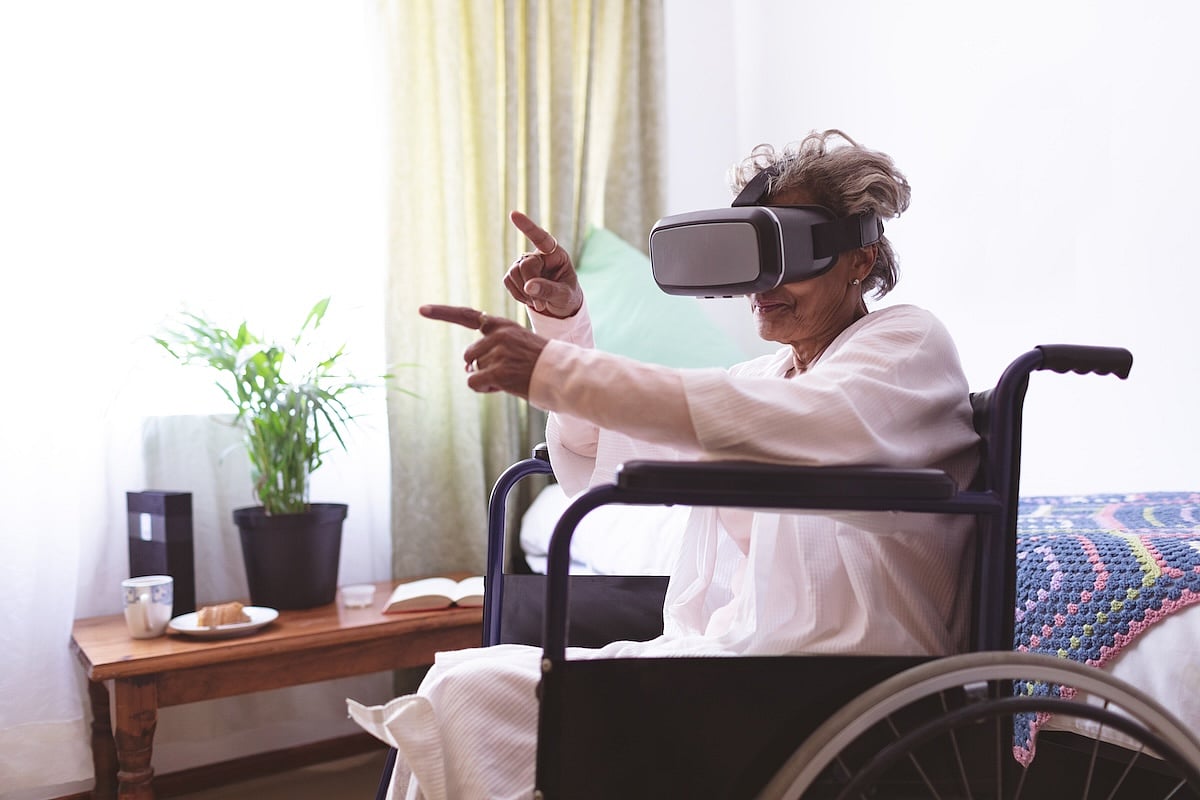
Virtual reality (VR) training might help stroke survivors regain their arm movement, a new evidence review says. The results indicate that VR could be a promising tool to boost rehab efforts, mainly by increasing the amount of therapy patients receive, researchers said. “Spending more time in therapy is known to improve outcomes after stroke,” lead… read on > read on >












.jpg)
